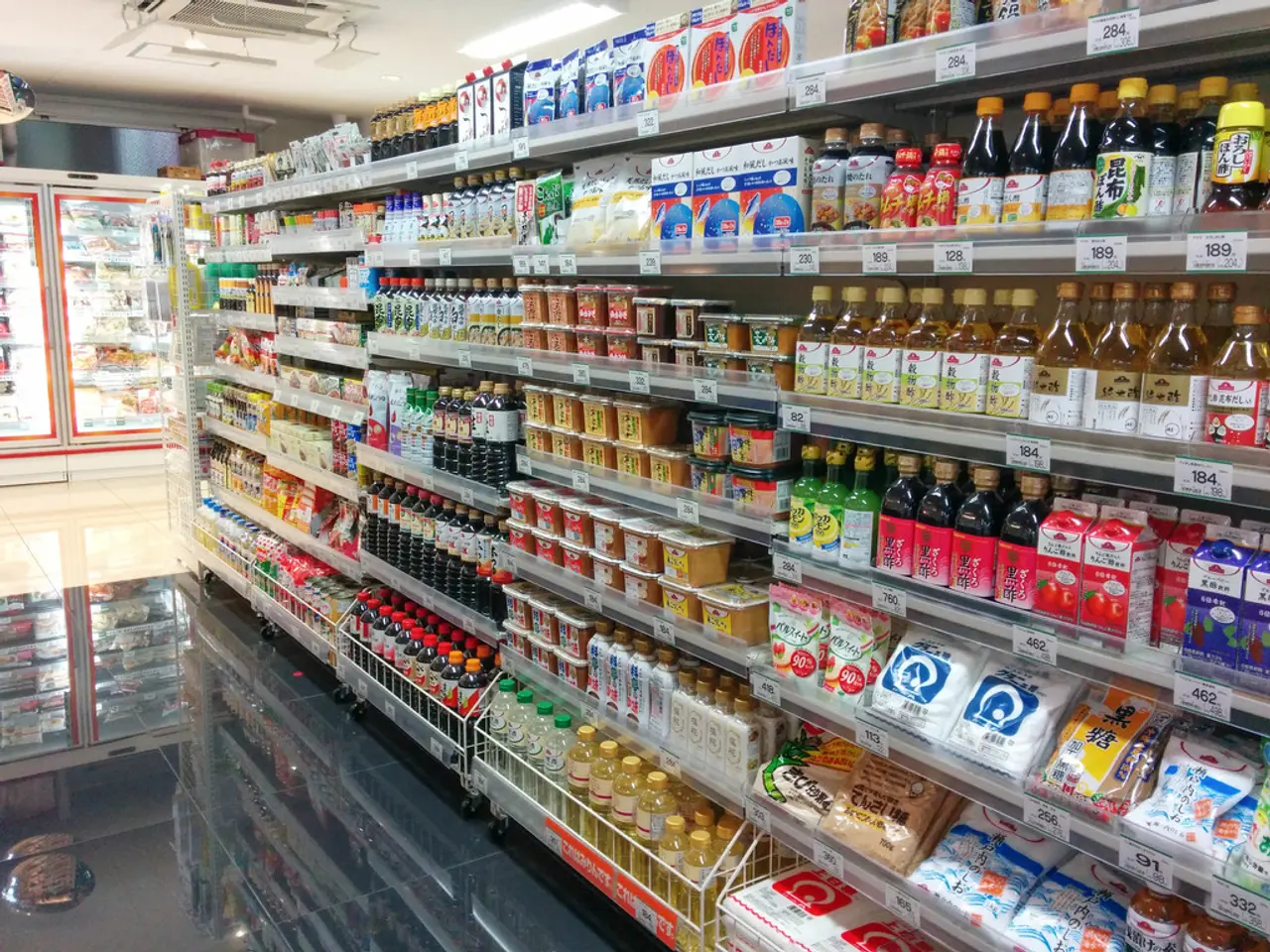Leaders in the Automobile Market Admit Responsibility for Seven Challenges Confronting the Car Industry
In a press conference held on March 22, 2024, Masanori Katayama, Chairman of the Japan Automobile Manufacturers Association (JAMA), announced that the organization is taking responsibility for addressing the seven most pressing issues in the auto industry. Although the specific list of these issues was not directly detailed at the conference, a synthesis of the salient issues JAMA is tackling can be inferred from credible sources related to its activities in 2024.
Decarbonization and Carbon Neutrality
With a focus on reducing carbon emissions and striving towards carbon neutrality, JAMA is leading the advancement of electrification and clean energy vehicles. The Japanese automotive industry is intensively working on this front, with over 100,000 EV registrations reported in Japan in 2024.
Electrification and EV Integration
As renewed emphasis is placed on electric vehicle technologies, JAMA is addressing the transition from internal combustion engines to electrified mobility. This shift is crucial in light of the growing importance of electric vehicles in the global auto market.
Environmental Regulations and Sustainability
Heightened regulatory scrutiny regarding environmental protection, resource circularity, and tire recycling reflect the broader sustainability challenges the industry faces. JAMA is working to meet these challenges head-on, ensuring compliance with environmental regulations and promoting sustainable practices throughout the industry.
Supply Chain and Production Challenges
Issues such as raw material price volatility, imports of key materials, and the localization of supply chains due to global trade tensions affect the industry’s resilience. JAMA is addressing these challenges by collaborating with various companies, Keidanren's Committee on Mobility, and government officials to speed up an all-Japan effort that extends beyond the auto industry.
Technological Innovation and Safety
The integration of smart tires and sensor technologies to enhance vehicle safety and operational efficiency is a key area under development. JAMA is working to ensure that these innovations are integrated safely and effectively, improving both the driving experience and the overall safety of vehicles.
Cultural and Operational Reform (Genba Culture)
Efforts to reform operational and manufacturing culture, including addressing long delivery times and certification issues, are ongoing challenges recognized by industry leaders. JAMA is committed to addressing these issues, working towards a more efficient and effective auto industry.
Aging Demographics and Market Demand
Managing stagnation in vehicle ownership growth due to declining population and aging demographics influences product development and market strategies. JAMA is working to adapt to these demographic changes, ensuring that the auto industry remains vibrant and relevant in the face of shifting market demands.
In addition to these focuses, JAMA is also working to strengthen business practices, ensuring price increases are passed on fairly throughout the supply chain. The organization is taking ownership of the automotive industry's seven most pressing issues, including the 2024 logistics problem, which Chairman Katayama is responsible for addressing.
The new leadership team at JAMA, under Chairman Masanori Katayama (Isuzu), who took over from former Chairman Akio Toyoda (Toyota) in January, is committed to working with the Japan Auto Parts Industries Association to ensure all member companies consult with partners during price negotiations. Nearly all member companies have sustained wage increases above the average among large manufacturers during spring wage negotiations, aiming to raise wages to offset the cost of living.
The commission has named JAMA member companies among businesses found to have left prices unchanged without consulting partners, urging further improvements to transactions across the industry. The Japan Fair Trade Commission has also asked JAMA to make examples of infringing conduct widely known to prevent future violations.
Chairman Katayama expressed condolences for the victims of the Noto Peninsula Earthquake that occurred on January 1 and expressed hope for the speedy recovery of disaster-stricken areas. JAMA will continue to work with national government ministries and local authorities in the affected region to provide assistance in accordance with the needs of communities.
The vice chairmen have outlined their respective challenges and accompanying ambitions, which JAMA shares in each area. Together, they are looking beyond the auto industry, coordinating efforts to deal with these challenges and ensuring a brighter future for the Japanese automotive industry.
- JAMA, in collaboration with the Japan Auto Parts Industries Association, is diligently working on strengthening business practices, ensuring fair price distributions throughout the supply chain in the finance sector.
- Acknowledging the increasing significance of electric vehicles (EVs) in the global auto market, JAMA is actively addressing the transition from internal combustion engines to electrified mobility in the automotive sector, a shift that also includes advancements in technological innovation for improved vehicle safety and operational efficiency in the transportation industry.




